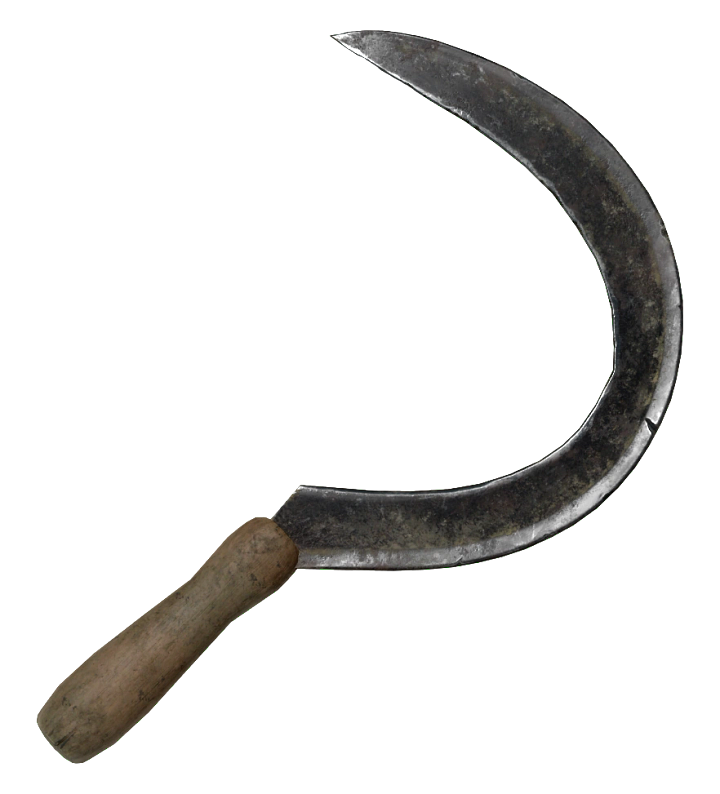My exceedingly brief post the other day about how to possessivize the surname Harris led to some spirited commentary in the comments here and elsewhere, so let’s sum up a bit.
Though there seems to be little doubt, dissension, or argument that a flock of people named Harris are Harrises, and that something—a house, say—belonging to all these Harrises would the Harrises’ house, when it comes to the simple single possessive, there seems to be, alas, doubt, dissension, and argument.
One school of thought—a school I have never attended—asserts that the possessive of any singular noun, proper or generic, ending in the letter s should be formed only with an apostrophe, for the sake of appearance and pleasing esthetics, etc., or for the sake of pronunciation.
As to the former, if orthography were determined by appearance and pleasing esthetics, etc., we’d certainly have a much different looking language, on any number of fronts, than the freakish one we now have. As to the latter,1 though pronunciation occasionally determines written style, as in the days when I was still employed and might well refer to “a Random House book” but to “an RH book,”2 it—pronunciation, that is—is considerably less important to written English than one might think, otherwise we wouldn’t have words like “knight” and “scythe.”3
Specifically to the idea that the possessive of Harris—or of princess, or of Dickens, etc.—should be determined by pronunciation and thus the correct forms are Harris’, princess’, and Dickens’, well . . .
That’s not how I pronounce any of those three, so I’m happy to defenestrate4 that idea, at least for my own sake.
The larger point—and the simpler one, I’d say—is that consistently creating singular possessives with ’s5 is, besides consistent—and oh how I dote on consistency6—a time and brain cell saver: If you simply do it, if you just set the ’s, you never have to pause and ponder and wrinkle your brow and sound things out in your head, and then you can apply your mentality to vastly more important things in your writing, like your overuse of the “not only X but Y” construction,7 your penchant for setting adjectives in triplets,8 etc., etc.
As to the increasingly obscure Exceptions for Antiquity Rule, which would permit—even enable—Dickens’s, Harris’s, etc., but would also somehow mandate Moses’, Xerxes’, Socrates’, and Jesus’, I always found that rule peculiar in the extreme and dumped it from my copyediting kit as soon as I could. And, to be sure: What does one do, then, when one’s neighbor Jesus’s mother goes to church to light a candle in honor of Mary, Jesus’ mother?9
I’d note that my advice here re simple (though neither simplistic nor simple-minded) mechanical consistency also applies to the series comma (aka the serial comma or the Oxford comma), and I do also like to note that writers who passionately assert that they apply this comma only when it is necessary for sense and reader comprehension and eschew it otherwise tend, far more often than not, to eschew it when it’s desperately necessary for sense and reader comprehension and set it when it might easily have been omitted without precipitating any confusion whatsoever.
In other words: Just set the blasted thing.
I could, as I have been known to do, go on for another five or ten paragraphs on this subject, but: Let’s not, at least for today, and say that we did.
Oh, here’s a fun little extra and irrelevant (at least to this conversation) bit to put in your pipe and smoke: The other day I referred in some online chitchat to the least popular of three usages of something or other, I forget what, as an also-ran, and it was pointed out to me—nicely, I might add; some people could take a lesson—that an also-ran is, as the dictionary informs us, “a horse or dog that finishes out of the money in a race.” Which is to say: not first, second, or third, not win, not place, and not even show, but somewhere below and behind that. So: A third of three things is not an also-ran. It’s . . . a thing in third place.
I thought that was fun to learn.
Dept. of The Usual Boilerplate
Thank you for being here, thank you for following, thank you for subscribing. All of this substackery of mine is free and will remain that way. Which means that if you have chosen to contribute to its and my upkeep,10 in larger or smaller ways, you are doing something you don’t have to do, which makes your generosity that much more resonant, and I am profoundly grateful. If you’re not yet part of that contributing crew and there’s a part of you that’s thinking “You know what? I like this guy” and you choose to join the crew, I will be eternally (or at least monthly or annually) in your debt.
Thank you, happy Friday, happy weekend, happy everything.
Benjamin
I was once told by a journalist friend that the newspaper that employed him discouraged the use of “former” and “latter” on the grounds that they confused readers. This made me sad. On the other hand, this was the same journalist friend who valuably and wisely told me that one reason he’d learned to avoid setting ostensibly amusing asides in parentheses is that his editor, with an ever-eager eye to keeping my friend’s word count down, would home* in on anything contained in parentheses and delete it. That’s never stopped me from setting ostensibly amusing asides in parentheses, but it’s a good thing to think about, yes?
*Not hone. If I’ve told you once, I’ve told you a thousand times . . .
Or, less inside-baseball-y, a Federal Bureau of Investigation agent but an FBI agent.
Do you know the difference between a scythe and a sickle?


Just a reminder that if you want to type something like ’s—that is, a freestanding apostrophe followed by the letter s—a good and easy-to-remember method is to type x’s and then delete the x, leaving you with a pretty ’s. Otherwise you’re going to end up with a single open quotation mark and the letter s: ‘s. Which is not what you want. This method also of course works for ’cause as an abbreviation of because, ’hood as an abbreviation of neighborhood, etc., though at this late date you can just write hood and everyone will know what you mean.
Do I always use “each other” for pairs and “one another” for three or more things, and “between” for pairs and “among” for three or more things? Yes, absolutely. Is that as grammatically or linguistically or historically or any sort of -ically justifiable as I’d like to assert? Not especially. But: Neatness counts.
I see you.
I see you. Also: Physician, heal thyself.
I’m happy to admit that once one wanders out of the English language, things can get a little dicey. I would not, for instance, refer to little René and his maman and papa as “the Descarteses,” neither would I refer to their family manse as “the Descarteses’ house.” That would simply be a pont too far. Or, as a friend noted, that would be putting Descartes before the house.
And Sallie’s!
True story: This photo was taken one morning when Sallie and I were sharing some toast and marmalade for breakfast and, as tends to occur when one is eating, especially in the company of a dog, the toast and marmalade were eventually no more. “That’s it,” I said. And then I got the Hard Stare. I might, I suppose, have added, “The kitchen is closed, young lady. Do you think this is a restaurant?” But I didn’t.






As to your footnote 4: This may be my graphic designer background speaking, but there are fairly easy-to-learn keystrokes for “ , ” , ‘ , and ’ .
On a Mac, anyway, they involve the option or option plus shift keys pressed with the left or right square bracket keys. They’re firmly embedded in my muscle memory. I get really annoyed when I see some otherwise reasonably nice typography with ' instead of ’ for a possessive.
Sallie is definitely giving you THE LOOK. How dare you not have an infinite amount of marmalade and toast for her??